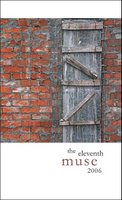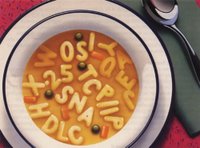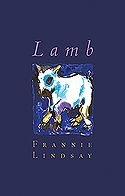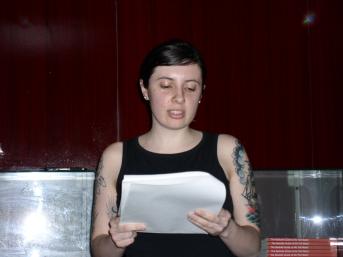
Usually, the day after Christmas involved staying in my pajamas, reading, writing cards, and seeing some Big Holiday Movie with my family.
But this year, damn it, the holiday fell on a Monday...so by Tuesday my family was in Minnesota, I was back at work, and I finished the day by eating corn chips out of a bag and watching the original Rocky on cable.
O Santa, thou hast forsaken me!
*
Last week I workshopped with a friend who has an amazing poem set at a monster truck rally (don't you wish you'd thought of that?). The poem is packed with visual detail and narrative stunts--so much that it is still a little unwieldy, even after 30 or so (!) revisions. Her struggle of drafting and redrafting has me thinking about the challenges of longer poems, especially ones that take us into a "foreign" setting.
My way of circumventing this challenge has been to, well, wimp out: I write shorter poems, often invoking recognizable formulas of domestic and romantic life in order to cut down on exposition.
But I admire the Dantes of the world, the poets determined to take us to an unknown depth. The big question may be, once we get there, how far the poet should lead us out again. In a lot of contemporary epic poems, the poet acclimates us to a new world, takes us to a moment of immersion/epiphany...and then feels compelled to walk us back up the path using analysis, a rhetorical guiderope. As a reader, I resist that. Leave me at the precipice: let me find my own way to the safety of the known.
*
A few of you know that I was a finalist for the Tupelo Open Reading process. I wasn't one of those chosen--and the four selected all had more prestigious publication records, so that wasn't a huge disappointment. I was sorry that my letter from the editors had no constructive feedback, though, since the intent of the original $35 reading fee was to obtain not only consideration but advice. The compliment that my MS is "ready" for publication is nice--but it doesn't move me any closer to actual publication. It's been a strange month for feedback: I was thrilled to hear my MS was one of 25 finalists for Carnegie Mellon, but I found out via...an unsigned form letter. I had to reread it five times in order to believe my eyes.
Back to the salt mines of stuffing envelopes...




























